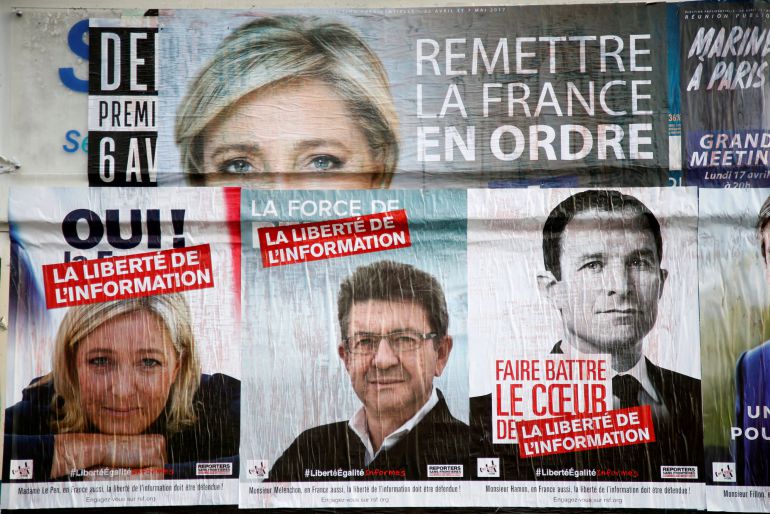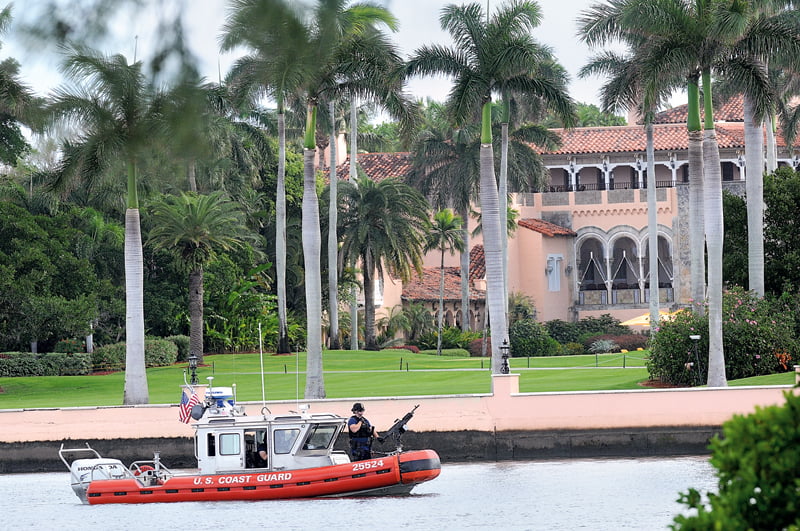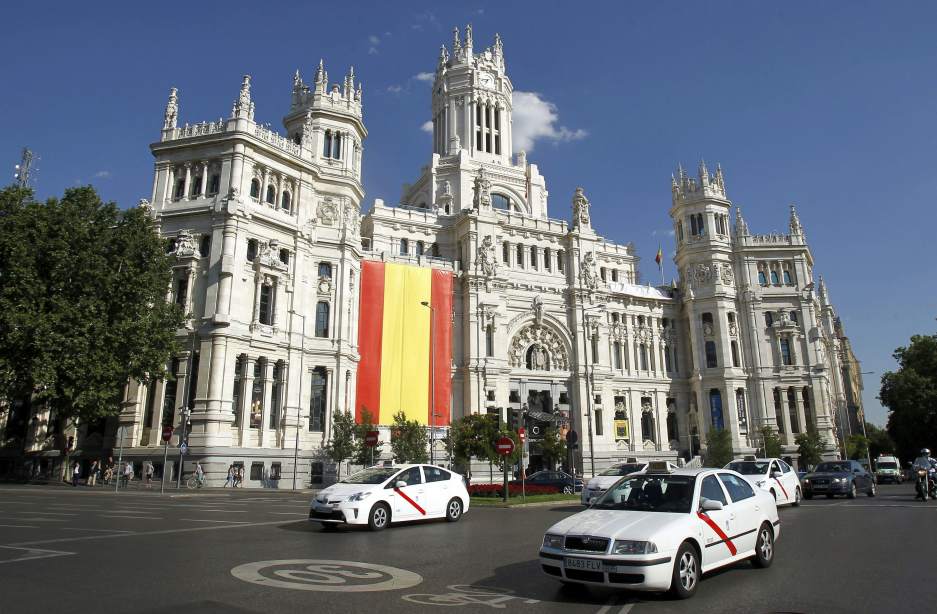The Battle for France, por Scott McConnell

Ensayo sobre el debate intelectual acerca de la identidad francesa. Publicado en The American Conservative.
Scott McConnell
Think what you will about America’s contentious identity politics; compared with France, the United States remains Mayberry, TV’s symbol of small-town innocence. We may have Black Lives Matter, massive resistance to a president seeking to enforce the country’s existing immigration laws, and urban riots. But in France the riots are bigger and last far longer. It has hundreds of thousands of people possessing French citizenship but evincing no discernible national loyalty. And there are few geographic barriers between itself and the sources of inundating immigration. No one can forecast with confidence the American future—whether it be a more or less successful assimilation of large streams of new immigrants or a transformed country where ethnic division is a norm underpinning every political transaction. But whatever the fate of Western civilization—whether it be a renaissance, or, as Pat Buchanan has predicted, its death—that fate will be revealed in Paris before New York or Chicago.
And that’s why France is the epicenter of today’s fearsome battle between Western elites bent on protecting and expanding the well-entrenched policy of mass immigration and those who see this spreading influx as an ultimate threat to the West’s cultural heritage, not to mention its internal tranquility. In France it is a two-front war. One is the political front, where Marine Le Pen’s National Front has moved from the fringes of politics into the mainstream. The other is the intellectual front, where a new breed of writers, thinkers, and historians has emerged to question the national direction and to decry those who have set the country upon its current course.
Americans have always had a special affinity for France. It was critical to the American founding by way of Lafayette’s mission. In the 20th century many artistic and upper-class Americans embraced Paris as the site of and model for their own cultural strivings. France’s 1940 fall to Nazi Germany dealt the first real blow to American isolationism. After the 1945 victory in Europe, U.S. links to Paris, London, and Europe generally rendered postwar Atlanticism more than just a strategy: it was a civilizational commitment that helped define who we were as Americans.
Paris remains beautiful, though crime has been rising for a generation and the city has the trappings of wartime, with heavily armed soldiers visibly guarding sensitive targets—museums, schools, newspapers—against Islamist terror. The approaching elections, where the National Front will surely exceed its past vote totals, mark a tremulous new era.
Indeed, serious people have for some years been contemplating whether France is nearing the precipice of civil war. That’s probably unlikely, at least in the near future, but few would be shocked if the political and communal conflicts exploded into violence not seen in decades. And that has spawned a radically changed intellectual climate. The French intelligentsia and its cultural establishment still lean, in the main, toward the left, as they have since the end of World War II, or indeed since the divisive Dreyfus affair of the Third Republic. But today, France’s most read and most discussed popular writers—novelists and political essayists—are conservatives of one stripe or another. They are not concerned, even slightly, with the issues that animate American “mainstream” think-tank conservatism—lowering taxes, cutting federal programs, or maintaining some kind of global military hegemony. Their focus is France’s national culture and its survival. When they raise, as they do, the subjects embraced by American paleoconservatives and the so-called alt-right, that doesn’t mean the French debate has been taken over by extremists. The authors driving the French conversation are in almost every instance prominent figures whose views would have put them in the Gaullist middle or somewhat left of center at any time in the 1960s or ’70s. But France has changed, and what National Review in the 1990s called “the national question” has been brought to the very heart of the country’s national debate. (…)
Seguir leyendo en The American Conservative

